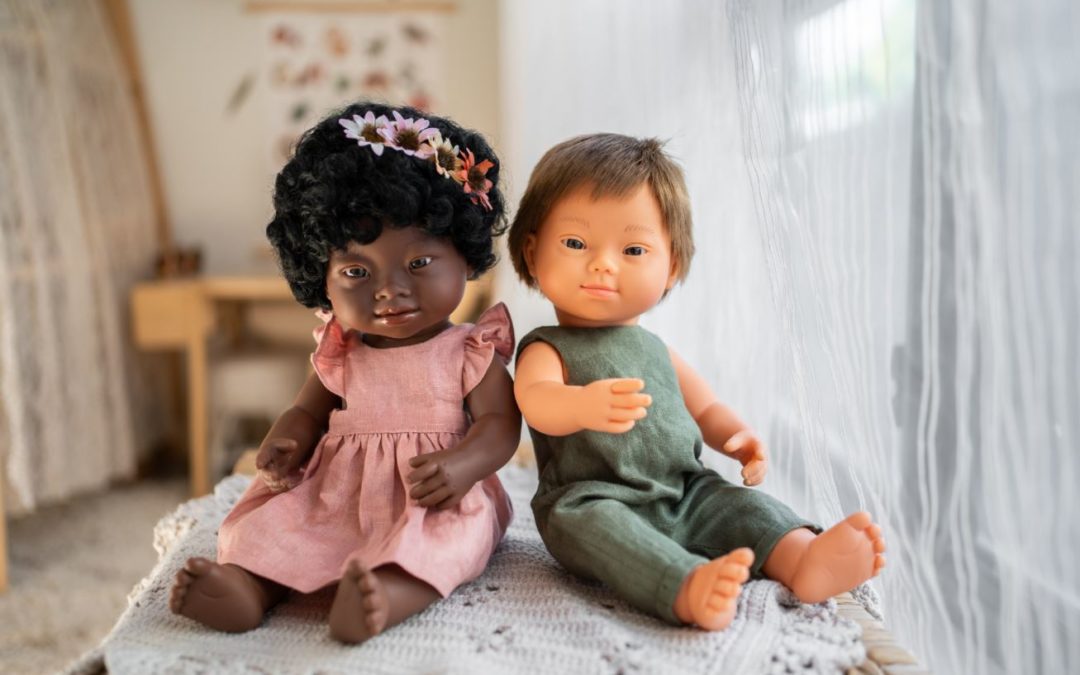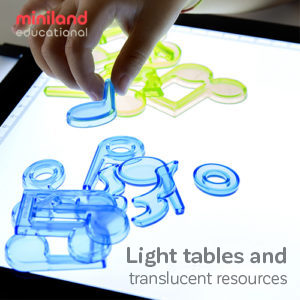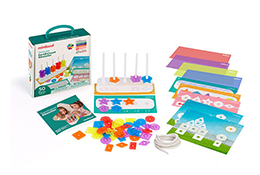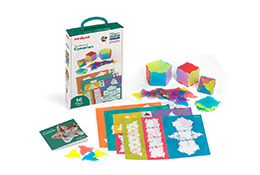hen playing with children who have special needs, often times Teachers and parents are concerned over whether or not the toys they have are sufficient enough to support the developmental needs of the child.
In reality, it’s very simple.
According to an article on the subject from The American Academy of Pediatrics (AAP), “toys that enhance play with a child are always appropriate.”
“The goal is to have high quality, bonding, warm time together as they play, rather than looking for the toy to advance the child’s development in some way.” – Alan L. Mendelsohn, M.D., FAAP, an expert in early childhood.
The AAP offers the following tips for parents on choosing toys for young children with special needs:
- Choose toys for the child’s developmental (not chronological) age: Children with special needs have a unique risk for injury if their physical or behavioral development does not match the age on the package, according to a 2016 study. Miniland has broken down toys within each of our categories based on age and which specific skill it enhances, making the process a bit easier.
- Look for toys that help teachers and children play together: This helps kids explore with pretend play and creativity. Being involved in these fun activities also helps you notice your students’ strengths and achievements. A great game to play together is our popular Emotions Detective: where children can pinpoint various emotions and figure out which one is being shown on each card. This particularly supports language and communication, as children can identify what they’re feeling and put a name on it to better express themselves.
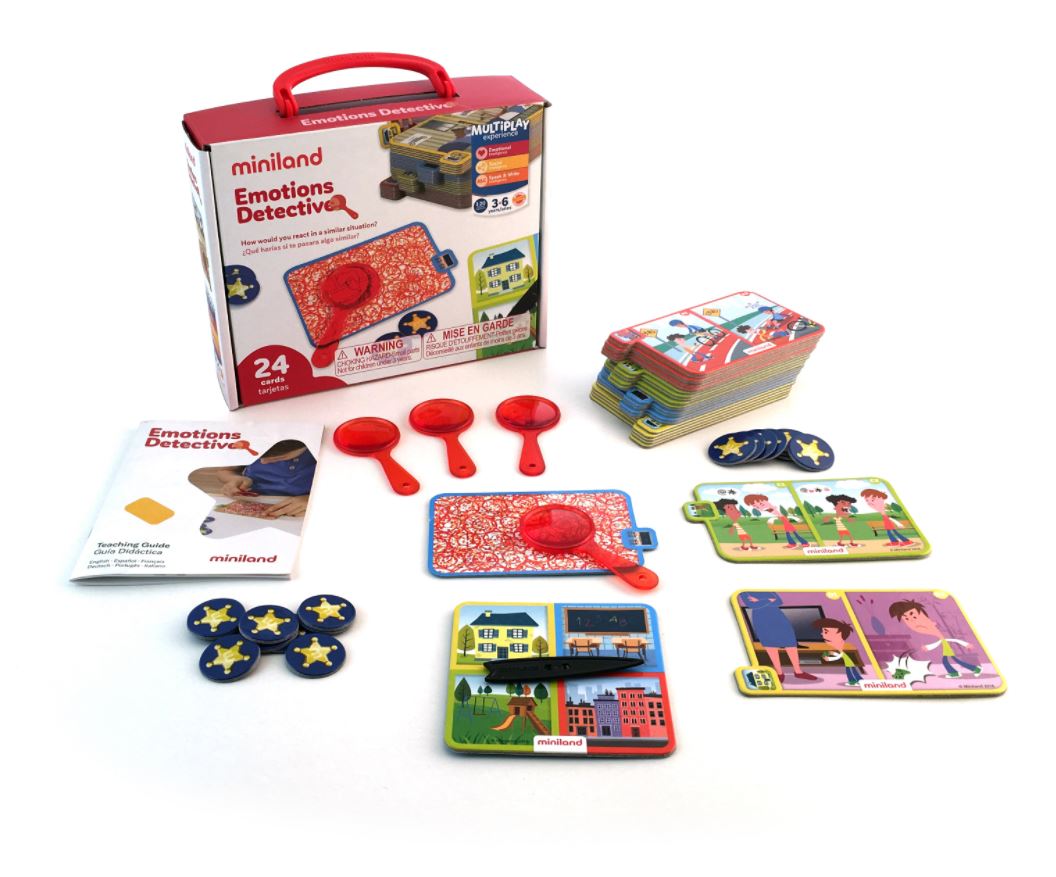
- Provide plenty of dolls in the room: Doll play is a wonderfully intuitive and nurturing activity that brings out various emotions within children, particularly those with special needs. Having a variety of dolls of different sizes, races and genders provide an opportunity for children to self-identify as well as accept those that may look different than they do. Miniland has recently launched a new line of Dolls with Down Syndrome that are providing beautiful examples of inclusivity and acceptance:
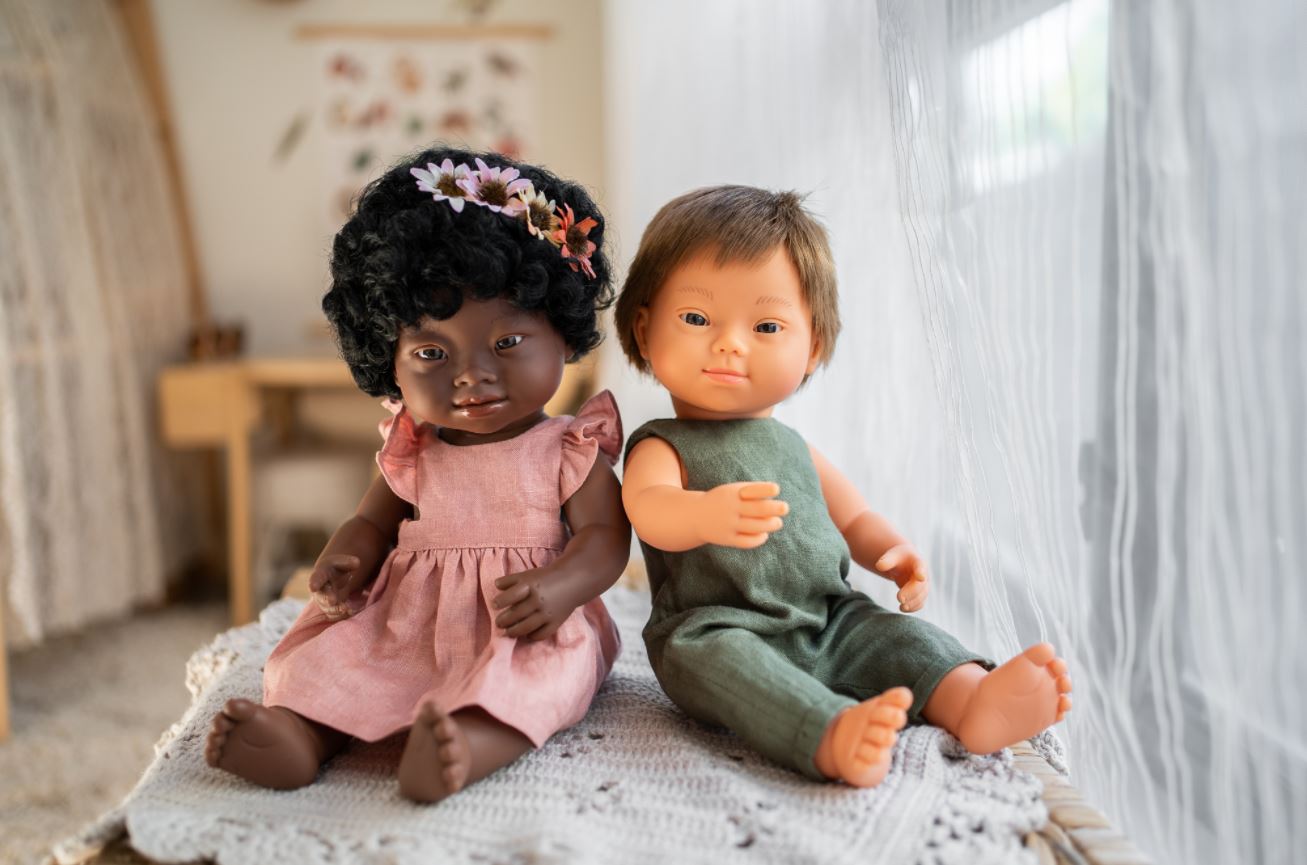 *Photo credit: @TheWalkerWays
*Photo credit: @TheWalkerWays - Help them learn basic skills to inspire confidence: Learning new skills at a young age is often daunting, particularly for children who may not learn at the same pace as other children in the classroom. A great way to support this lesson and simultaneously instill confidence in children with special needs is to provide activities that help them learn through play. For example, Miniland’s Fastening Dolls are made in the likeness of various ethnicities and genders from around the world, and provide a delightful learning tool for children to practice important every day skills. They also help support a child’s crucial SEL curriculum. By presenting various tasks to complete, they become more confident in their abilities and are more aware of themselves. Each soft bodied doll is equipped with fastening buttons, zippers, snaps, shoe laces, buckles, Velcro tabs and more. Young children will love these supportive friends that can help them learn to stick Velcro together, zip zippers, tie shoe laces, snap buttons, and buckle buckles. They’re also machine-washable! The dolls are lightweight and very easy to use, making the lessons come alive in the form of a huggable friend that guides them through the process. These aids can help children with motor, visual or other disabilities enjoy play.
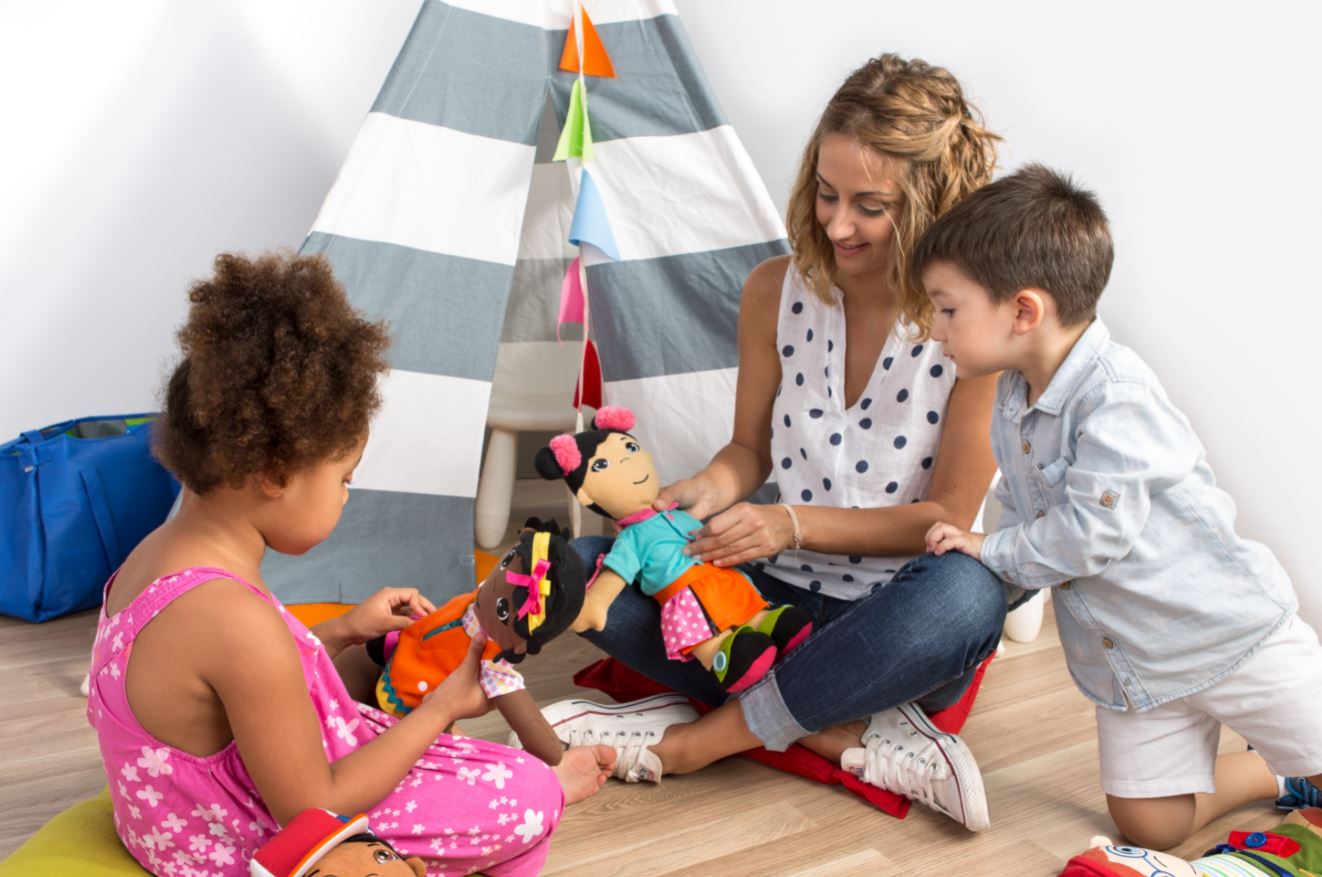
Additional Information:
- Toy Buying Tips for Babies & Young Children: AAP Report Explained
- How SEL Toys & Games Teach Social Awareness, Acceptance and Inclusivity by Miniland
Sources:
AAP News (Copyright © 2018 American Academy of Pediatrics)
The Walker Ways Influencer, Photo Credit
